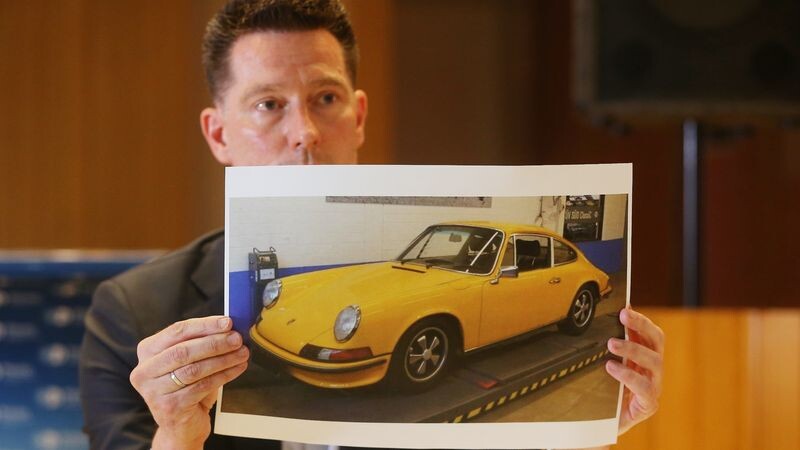New York – Confetti, fanfares, but also demands: from caregivers to delivery men and subway agents, New York honored on Wednesday these “heroes” who allowed the city to hold out during the pandemic and now hope for tokens of recognition which are not only symbolic.
In the New York tradition, hundreds of “essential workers” marched on Broadway, at the southern tip of Manhattan, on this portion of avenue renamed “The Canyon of Heroes”, where they preceded them since the XIXth century. from the front, astronauts returning from a historic mission, heads of state or sports champions.
Sitting in the back of a limousine, nurse Sandra Lindsay, who became the first person vaccinated against the coronavirus in the United States in mid-December, opened the procession.
Between the bands and cheers, despite the heat, followed groups of doctors and caregivers, delivery men, employees of public transport or food banks, etc …
Among the thousands of participants and spectators, Sara Cavolo, resident of Brooklyn, relishes this moment.
“We went through a traumatic period, lost loved ones, friends, colleagues (…) No one was walking in the street, all we heard was silence. It’s really strong to come back from We got there, and it’s just good to celebrate, ”said the 38-year-old woman, who works in marketing.
The American economic and cultural capital has paid a heavy price for the pandemic, especially during the first wave of spring 2020. In total, more than 33,000 people have died of Covid-19 in New York.
Living near a hospital, Sara Cavolo still remembers “these trucks, which were in fact walking morgues. It was very heavy”.
– “They saved our lives” –
In a still traumatized city, many want to show their gratitude to all those who made this city of 8.5 million inhabitants run.
“These everyday workers, who are not recognized, they literally saved our lives,” says another New Yorker, Melinda Mlinac.
Like others, she would like us to “talk about better wages” for these professions.
“It’s a very happy moment (…) but let’s never forget those people who took the metro when it was dangerous,” she said. “The meal delivery companies, Amazon, all of these companies need to recognize them and give them benefits.”
Beneath the confetti – replicas of the “ticker tapes” that traders threw when the parade passed through Wall Street – the placards of those parading also echoed the demands of essential workers.
“More nurses = better care,” read a placard from caregivers; “Protect our parks,” the public garden agents demanded, while the metro agents demanded a risk premium.
Some categories have even called for a boycott of the parade: in particular the paramedics, who are calling for wage increases, or the firefighters, who consider it premature to party while the Delta variant is progressing.
For Yomaris Pena, an official of the NGO Somos, who paraded as a doctor, the demands of these essential workers are justified.
“They are the real heroes (…) I am a doctor, I signed, I knew I had to do it. But they, some could not refuse to go to work, the bus and metro drivers , those who cleaned hospitals (…) nurses, grocers, we do not think of them, “she lists.
For her, Wednesday’s parade was “necessary”, “but it is not enough. It is only the beginning of the recognition they deserve for what they have done.”
–


